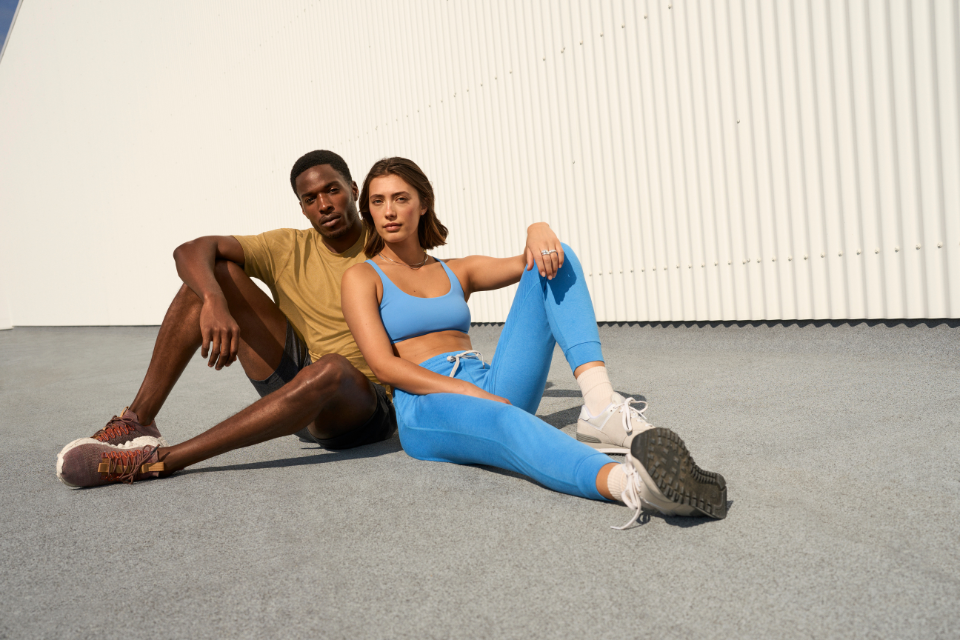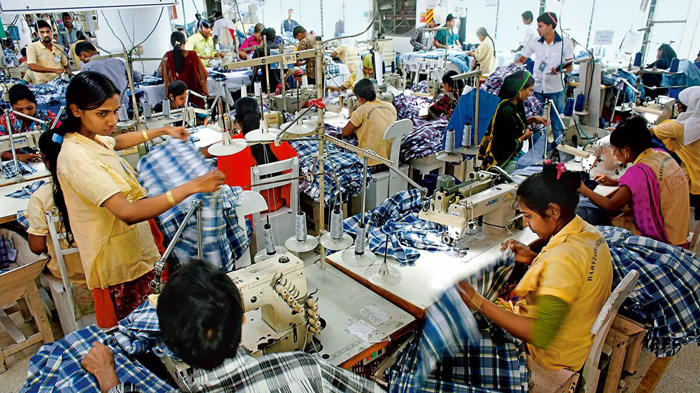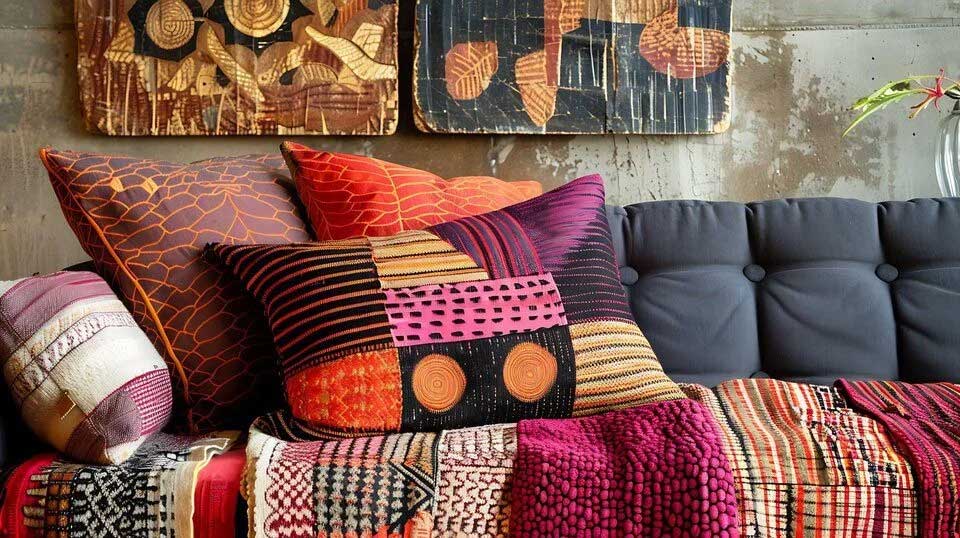
The athleisure market, a fashion phenomenon born from the fusion of athletic wear and leisurewear, is experiencing a seismic shift. While Lululemon has long reigned supreme, a new breed of challenger brands, led by the California-based Vuori, is vying for dominance. This feature delves into the competitive landscape of this dynamic industry, examining the distinct positioning of key players, their retail strategies, financial performance, and the overall market outlook.
The athleisure boom, a macro perspective
The global athleisure market is experiencing explosive growth. Driven by increasing health consciousness, a desire for comfortable clothing and the blurring lines between work and leisure, the market is projected to reach $547.01 billion by 2024, growing at a CAGR of 8.6 per cent from 2023 to 2028, as per Allied Market Research. This presents a lucrative opportunity for both established giants and emerging contenders.
Table: Global athleisure market
|
Region |
2023 market size ($ bn) |
Projected 2028 market size ($ bn) |
CAGR (%) |
|
North America |
181.28 |
275.47 |
8.7 |
|
Europe |
125.35 |
185.21 |
8.2 |
|
Asia-Pacific |
108.52 |
162.48 |
8.5 |
|
LAMEA |
31.86 |
47.85 |
8.6 |
|
Global |
447.01 |
671.01 |
8.6 |
Lululemon, the legacy leader
Luluemon is positioned as a premium athleisure brand with a focus on performance and style, primarily targeting women. It has an extensive global store network (700+ locations), strong online presence, and community-building initiatives like yoga classes. As of 2023 its revenue was $9.6 billion, and as of January it has a market cap of $65.44 billion. Its key strengths are brand recognition, loyal customer base, and robust supply chain. However, it faces several challenges like maintaining growth momentum, competition from emerging brands, and potential impact of economic slowdown.
Vuori, the rising challenger
Vurori has emerged as ‘Everyday performance apparel’ with an emphasis on comfort, versatility, and a relaxed aesthetic, initially targeting men. Its retail is focused on direct-to-consumer sales, expanding retail footprint with 79 stores in six countries, strategic partnerships with wholesalers like REI and Nordstrom.
As of 2023 Vuori revenue was $32.8 million (estimated) and its valuation as of November 2024 was $5.5 billion. The brand’s key strengths are strong product differentiation focus on profits, and effective social media marketing. However, scaling-up production and maintaining quality, building brand awareness, and competing with Lululemon's scale are some of its biggest challenges.
The athleisure boom has attracted a plethora of competitors. There is well established Nike which is expanding its dominance in sportswear into the athleisure segment. And Adidas, following a similar trajectory as Nike, leveraging performance-oriented roots. Under Armour on the other hand is transitioning into lifestyle and athleisure to diversify its offerings. And Alo Yoga is specializing in yoga-inspired apparel with a growing retail presence of over 100 stores.
The athleisure industry is expected to for continued growing with evolving consumer preferences and a focus on wellness. While Lululemon remains a dominant force, challenger brands like Vuori are disrupting the market with innovative products, strategic retail expansion, and a strong digital presence. The battle for market share will intensify, with brands needing to constantly adapt and innovate to capture the attention of increasingly discerning consumers.











